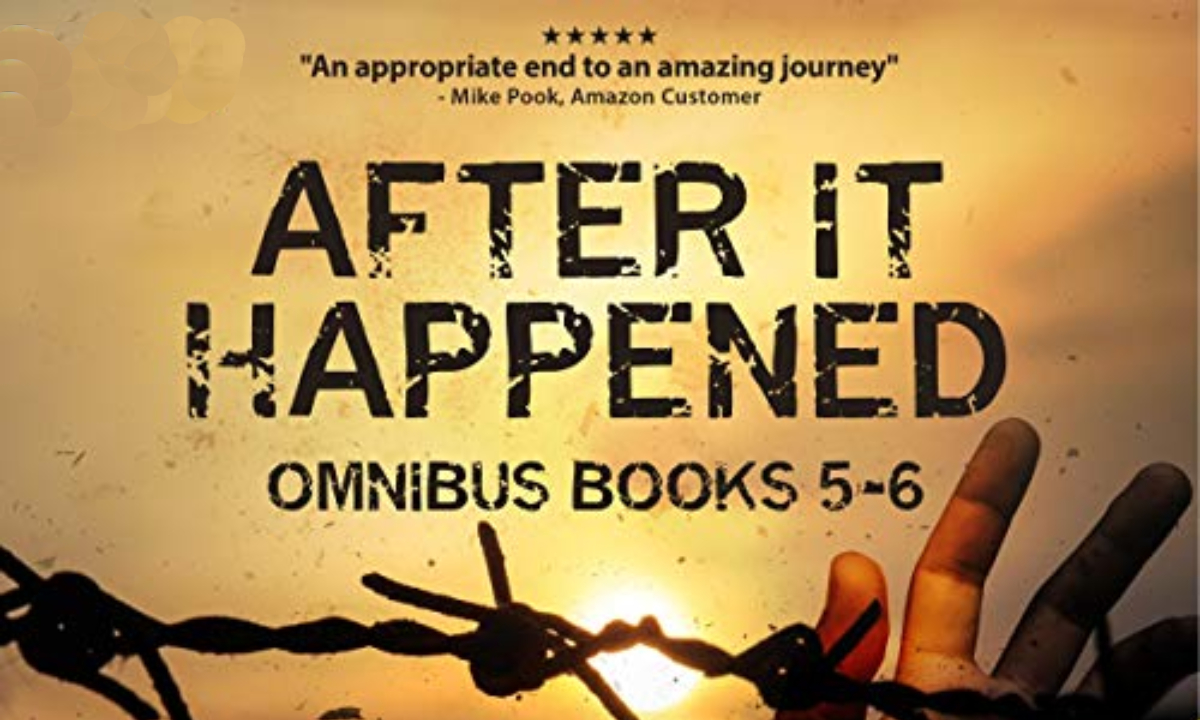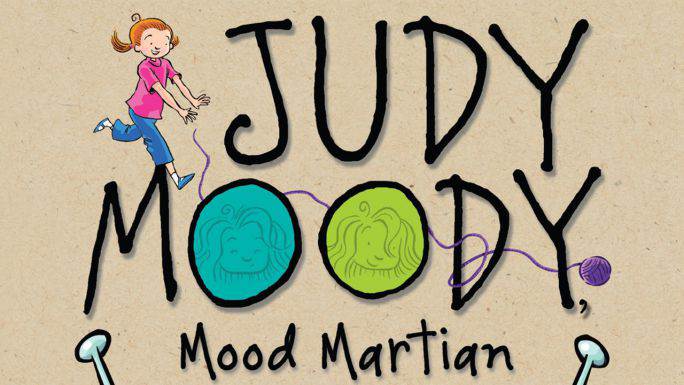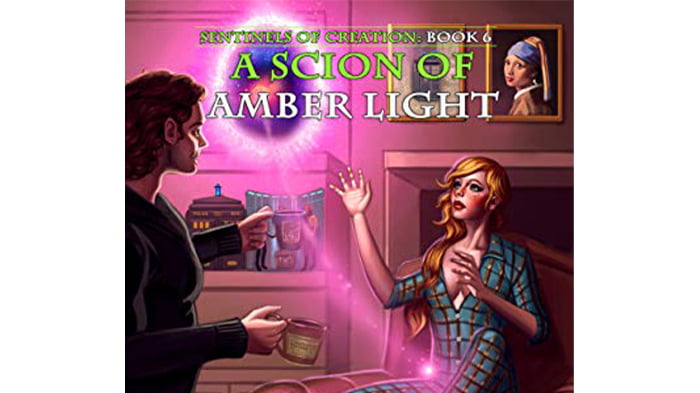Introduction to “After It Happened: Publishers Pack 3, Books 5 and 6”
“After It Happened” is a captivating post-apocalyptic series by Devon C. Ford that has garnered a dedicated following due to its engaging plot and well-drawn characters. “Publishers Pack 3,” which includes Books 5 and 6, delves deeper into the challenges and triumphs of the survivors as they navigate a world forever altered by a catastrophic event. This essay will provide an extensive introduction to these two books, examining their key themes, characters, and narrative developments.
Setting the Scene
The “After It Happened” series takes place in a world ravaged by a global pandemic, where a small group of survivors must rebuild their lives and society from the ashes. The earlier books established the initial struggle for survival and the formation of a community. Books 5 and 6, included in “Publishers Pack 3,” explore the continued evolution of this community, focusing on the complexities of leadership, the rebuilding of infrastructure, and the persistent threats that loom over the survivors.
Book 5: “Destruction”
“Destruction,” the fifth book in the series, marks a pivotal point in the story. The survivors, having established a semblance of stability, face new and formidable challenges that threaten to unravel their hard-earned progress.
Key Themes in “Destruction”
- Leadership and Governance: As the community grows, so do the complexities of leadership. Dan, the de facto leader, must navigate political and social challenges that test his abilities and resolve. The theme of governance becomes central as the group grapples with the need for structure and order.
- Security and Threats: The relative peace the survivors have enjoyed is shattered by new threats, both external and internal. The book explores the constant need for vigilance and the difficulty of maintaining security in a world where danger lurks around every corner.
- Moral Ambiguity: “Destruction” delves into the moral complexities of survival. Characters are faced with difficult choices that challenge their ethics and force them to confront the darker aspects of human nature. This theme adds depth to the narrative, highlighting the gray areas in a post-apocalyptic world.
Plot Highlights of “Destruction”
In “Destruction,” the group must deal with the arrival of new survivor factions, each with their own agendas. These interactions lead to conflicts that threaten the fragile peace within the community. Dan’s leadership is put to the test as he must make difficult decisions to protect his people. The book is marked by intense action scenes and emotional moments, culminating in a dramatic climax that sets the stage for the next installment.

Book 6: “Revolution”
“Revolution,” the sixth book in the series, continues the story of the survivors as they strive to build a new society. The book focuses on the theme of change and the revolutionary steps needed to ensure the future of their community.
Key Themes in “Revolution”
- Rebuilding and Innovation: The survivors turn their attention to rebuilding infrastructure and creating sustainable systems. This theme explores the ingenuity and resourcefulness required to restore some semblance of civilization.
- Unity and Division: As the community grows, so do the divisions within it. “Revolution” examines the challenges of maintaining unity in the face of differing opinions and conflicting interests. The struggle to balance individual freedoms with collective needs is a central issue.
- Hope and Determination: Despite the numerous setbacks, the theme of hope remains strong. The characters’ determination to create a better future drives the narrative, showcasing the resilience of the human spirit.
Plot Highlights of “Revolution”
In “Revolution,” the survivors undertake ambitious projects to rebuild their society, such as establishing trade routes and reintroducing technology. However, these efforts are met with resistance from those who prefer the old ways or see an opportunity to seize power. The book features intricate political maneuvering, alliances, and betrayals. The climax of “Revolution” brings significant changes to the power dynamics within the community, paving the way for future developments.
Character Development
The characters in “After It Happened” continue to evolve in Books 5 and 6. Dan, the central figure, grapples with the burdens of leadership and the personal cost of his decisions. His character arc is complex, reflecting the weight of responsibility and the struggle to maintain his humanity.
Other key characters, such as Erin and Chloe, also experience significant growth. Erin’s medical expertise becomes increasingly vital as the community faces health crises and injuries, while Chloe’s maturation reflects the broader theme of coming of age in a post-apocalyptic world. New characters introduced in these books add diversity and fresh perspectives to the narrative.
Writing Style and Narrative Structure
Devon C. Ford’s writing style remains engaging and immersive, blending action with thoughtful introspection. The narrative structure of Books 5 and 6 is tightly woven, with multiple subplots that enhance the overall story. Ford’s ability to create vivid, believable scenarios and complex characters continues to be a highlight of the series.
Themes of Leadership and Rebuilding
Leadership and rebuilding are central themes in “Publishers Pack 3.” The books explore the challenges of leading a community in a post-apocalyptic world, where every decision can have far-reaching consequences. The process of rebuilding is depicted with realism, showcasing the ingenuity and determination required to restore society. These themes resonate with readers, offering a nuanced portrayal of survival and progress.
The Human Element
At its core, the “After It Happened” series is about people. The characters’ interactions, relationships, and personal struggles drive the narrative. Books 5 and 6 delve deeper into the human element, exploring how individuals and communities cope with trauma, loss, and the constant pressure to adapt. This focus on the human experience adds depth and emotional resonance to the story.
Conclusion
“After It Happened: Publishers Pack 3, Books 5 and 6” is a compelling continuation of Devon C. Ford’s post-apocalyptic series. Through its exploration of themes such as leadership, security, moral ambiguity, rebuilding, and hope, the series offers a rich and thought-provoking narrative. The well-developed characters and immersive writing style make these books a must-read for fans of the genre. As the survivors navigate their new reality, readers are left with a sense of anticipation for what lies ahead, both for the characters and the world they are striving to rebuild.
The ongoing journey of the survivors in “Destruction” and “Revolution” highlights the resilience and adaptability of the human spirit. Ford’s ability to blend action with introspective moments ensures that readers are not only entertained but also engaged on a deeper level. The “After It Happened” series continues to be a standout in the post-apocalyptic genre, offering a compelling vision of survival and the enduring hope for a better future.
 Skip to content
Skip to content









